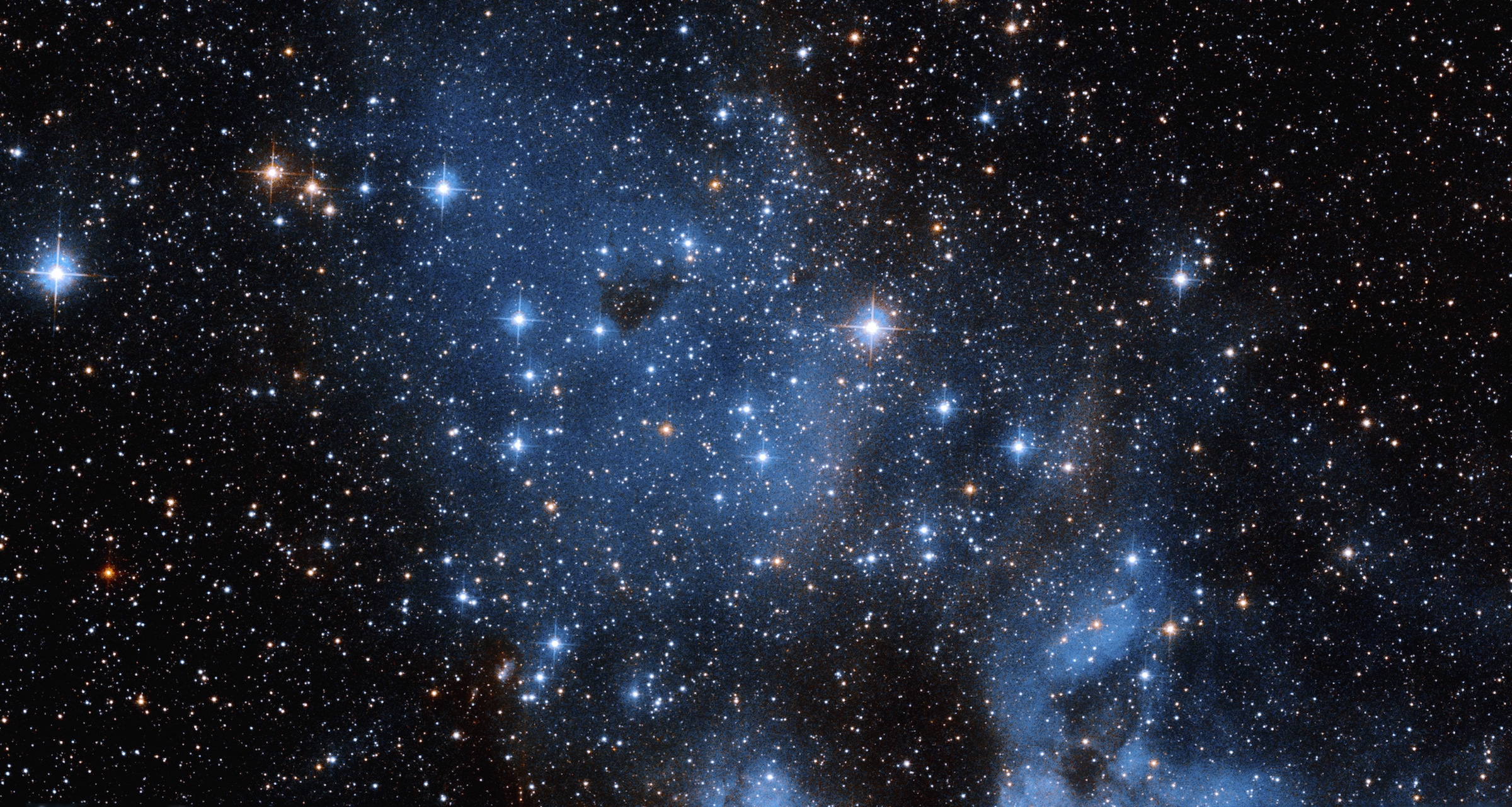 Faith & Science
Faith & Science
Keating, Krauss, Tour: Three Jewish Scientists with Remarkably Different Perspectives

Here is a fascinating and very different pair of scientific, religious, and philosophical conversations, both with UC San Diego cosmologist Brian Keating. In one, he talks with Rice University chemist James Tour. In the other, with cosmologist Lawrence Krauss. All three are, by family background, Jewish. But Tour embraced Christianity at age 18 after a personal revelatory experience, and Krauss gave up on Jewish study at age 12. Keating, as he recounts in the podcast with Krauss, has gone through periods as a Catholic, an atheist, and finally, as an adult, an observant Jew.
All three are brilliant scientists but the contrast in their journeys and convictions is remarkable. Krauss has retained a spiritual outlook suitable to a 12-year-old, dismissing all religions as no more than fairy tales. Keating is hard to pin down. Sometimes he seems to identify as an agnostic. At other times he sounds a lot like a believer, not so different from Jim Tour. Indeed, Krauss scores a point, in a humorous way, teasing Dr. Keating for “proselytizing” when Keating had just got through saying that Judaism rejects such activity.
Dr. Tour, with humility, observes that Keating is “speaking philosophically,” whereas Tour says of himself that he is “a lot simpler in my faith and in my understanding than many other people.” That’s pretty candid. Keating’s interesting reply is that historically, physicists were called “natural philosophers,” meaning, I take it, that science has its roots in philosophy and so why shouldn’t they philosophize?
Keating and Tour, both sympathetic to the design inference, are not proponents of ID. As for Krauss, he is the fellow who was opposite Stephen Meyer onstage in Toronto in the debate that memorably frames the narrative of Dr. Meyer’s Return of the God Hypothesis. Krauss can be quite abrasive, so it’s good to see him having friendly discussions outside his New Atheist framework.
Congratulations to Professor Keating for seeking out such interesting and diverse company. Check out his podcast, Into the Impossible, which is always stimulating.
